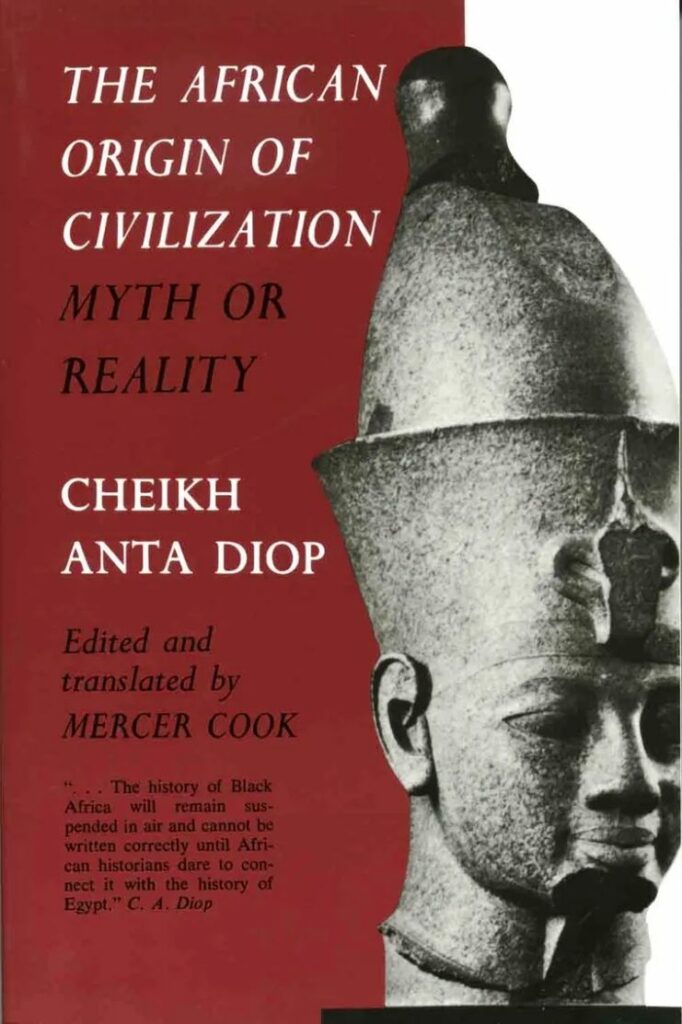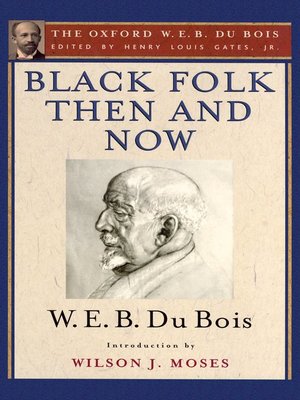In W.E.B. DuBois’ 1939 book, “Black Folks Then and Now,” the prolific author, scholar, and convener of Pan African Congresses explains the substance of the continent of Africa during pre-colonial times and during the heyday of global imperialism.
While on my many trips to Egypt and Sudan, my last time in 2021 having spent two months living in the capital city Khartoum in Sudan, I again awakened to DuBois’, “Black Folks Then and Now.”
In stating his reason for writing this book that gives substance and diversity to Black African life, DuBois said: “The Negro has long been the clown of history; the football of anthropology; and the slave of industry. I am trying to show why these attitudes can no longer be maintained.”

Contextualizing Africa, DuBois as head of the Department of Sociology at Atlanta University, in 1943 stated the following while being interviewed: “Africa is the ‘Ethiopia’ of the Greek, the ‘Kush’ and the ‘Pint’ of the Egyptian and the Arabian ‘land of the Blacks.’ To modern Europe it is the ‘Dark Continent’ and ‘Land of Contrasts; in literature it is the seat of the Sphinx and the lotus eaters, the homes of the dwarfs, gnomes, and pixies, and the refuge of the Gods; in commerce it is the slave mart and the source of ivory, ebony, gold and diamonds. No other continent can rival this ancient of days.”
Living as I did in a Muslim country and marrying into an influential Sudanese family—Sudan’s foreign minister, Mariam al-Sadiq al-Mahdi and other government officials attended the wedding—I began to see Islam in Africa for what it was historically, the culture that ensued and the great potential suggested by DuBois.
According to Du Bois, “Islam did not found new states, but modified and united Negro states already ancient; it did not imitate new commerce, but developed a widespread trade already established. It is as Frobenius says ‘easily proved from chronicles written in Arabic that Islam was effective in fact only as a fertilizer and stimulant.’”
I also discovered Islamic principles in Cheikh Anta Diops 1974 book, “The African Origin Of Civilization.” In the region where I was taking up residence, in so-called pre-Islamic times 30-day fasting had already existed. They prayed seven times daily with their faces turned North. “They prayed to the sun at different phases of its course. There was neither idolatry, nor images, nor priesthood,” writes Diop.
“Thus,” added Diop, “all the elements necessary for the blossoming of Islam were in place more than 1,000 years before the birth of Mohammad. Islam would appear as a purification of Sabeanism by the Messenger of God.”
Concerning the much-discussed involvement of slavery by Arabs in Africa, including in Zanzibar, DuBois wrote, “In Mohammedan countries there were gleams of hope in slavery. In fiction and in truth the Black slave had a chance. Once converted to Islam, he became a brother to the best, and the brotherhood of the faith was not the sort of idle lie that Christian slave masters made it. In Arabia Black leaders arose like Antar; in India Black slaves carved out principalities where their descendants still rule.”

Al-Mahdi, (Arabic: for Right-Guided One) originally named Muhammad Ahmad ibn al Sayyid Abd Allah, was born August 12, 1844 and died June 22, 1885, in Omdurman, Sudan. He was the creator of a vast Islamic state extending from the Red Sea to Central Africa and the founder of a movement that remained influential in Sudan a century later.
Visiting the tomb of Al-Mahdi and visiting sites where the Mahdi “determined to resist a hated region and Egyptian oppression …” I discovered how, as DuBois wrote, the “Sudan was soon aflame, and the able mulatto general, Osman Diana, aided by revolt among the heathen Dinka, drove both Egypt and England out of the Sudan for sixteen years.”
Al-Mahdi, was poorly interpreted in the 1966 film “Khartoum” featuring Laurence Olivier as the Mahdi and Charleston Heston as governor-general Gordon who in real life wore a third hat as a Christian missionary and was overturned and killed by Al-Mahdi. The Mahdi was also the principal character, in the recent movie “Dune.”
It’s sad to say, that there is no history readily available, outside of war waged against imperialism, of the society established by Al-Mahdi, according to Saddiq Al-Turabi, son of the deceased Sheikh Hassan al-Turabi, Sudan statesman, former attorney general and Islamic scholar, whom I interviewed on two occasions,
Sudan—which means land of the Blacks—has been left “as a sort of historical no man’s land, and is regarded now as Arabian, now as Egyptian, now as Hamitic,” wrote DuBois.
As a result, the country is not worth careful historical investigation and study. Its events have been misinterpreted and its heroes like the Mahdi, maligned and blamed as the cause of the very misery and turmoil which they rebelled and fought against.
Follow @JehronMuhammad on Twitter.













